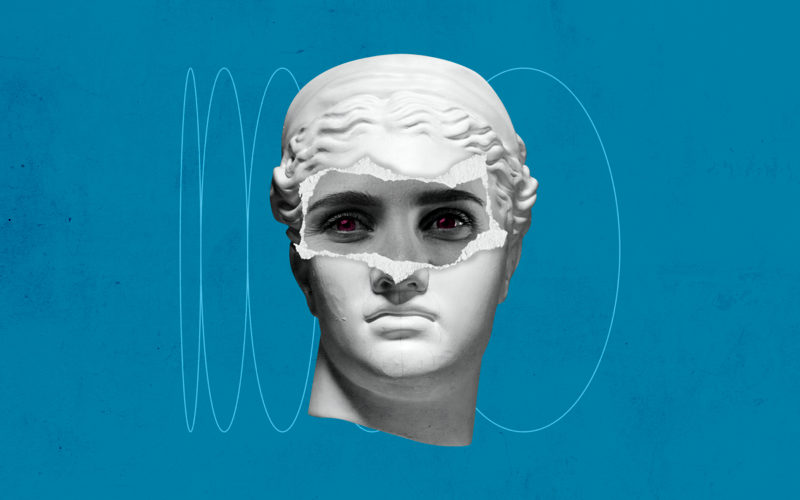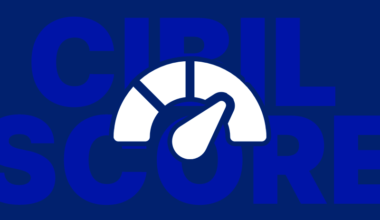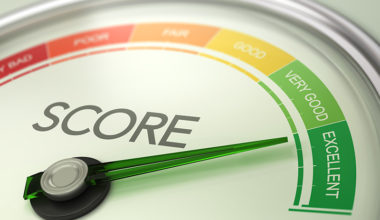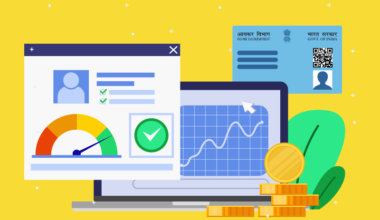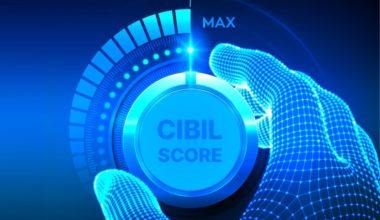CIBIL report helps you detect outdated information, errors in personal details, mistakes by lenders, suspicious activity, or identity theft. If you don’t pay attention to these issues, they can prevent you from getting a loan or a credit card. To avoid this problem, it’s recommended that you check your CIBIL report twice a year. Regularly checking your report can help you avoid credit score problems and issues with the loan or credit card approval process.
While it’s important to review the entire report, there are four key areas to focus on. In this blog, we’ll explain these important points to keep in mind when reviewing your credit report.
Credit Report Checklist
Credit Report Check
To keep track of your credit performance, it’s recommended to check your credit report twice a year. This report contains information about your credit history, previous repayment behavior, personal and financial details, and more. When you receive your credit report, make sure to carefully review it and follow the guidelines below:
- Read the entire credit report carefully
- Check for any outstanding balances on credit cards or loan EMIs. Even if you’ve paid off the amount, there’s a chance that the bank or credit information company might have missed updating your credit report. Make sure to get this information updated to prevent any negative impact on your credit score
- Examine the report thoroughly for errors in personal data, address, outstanding balance, or other areas. If you find any errors, contact your creditor first or file a dispute with the credit bureau as soon as possible
Also Read: Difference Between CIBIL Score and CIBIL Report
Identity theft
The next step is to check if there have been any minor changes made to your identification details. If you have discovered a change in your identification details, you can be certain that it is the result of the theft. For example- The report indicates that you have applied for a loan, but you have not. This means that someone else might have accessed your account, used your information and applied for a loan in your name!
Keep the following points in mind to determine whether you are on the right track of detecting theft or not.
- Check for inquiries you initiated or those that you did not initiate.
- Look for any missed or late payments that you have not made.
- Verify if there are any loan accounts that you have not opened.
- Check for any changes to your identification information, including personal information and address.
- Verify if your phone numbers are updated and accurate, and if any new or incorrect phone numbers are listed.
If you discover any suspicious activity or issue in your credit report, you must report it to the credit bureau in addition to notifying your bank.
Verification Of Account Information
Even a minor change that you have not initiated when highlighted in the credit report can cause significant damage. To avoid falling into a situation where you may unintentionally harm your credit score and lose the opportunity to obtain a new loan or credit card, consider the following:
- Examining the account thoroughly, whether it is a credit card or a loan account
- Examine your payment history, credit limit, current balance, and other factors
- Make a list of all the accounts that are no longer active or have been closed
- Keep track of all late payments and any negative remarks made about them
- Keep all of your account paperwork organized and accessible
Dispute Resolution
In case you have detected any error, fault or action that has not been commenced by you after reviewing the credit report properly, it is advised to take action as soon as possible.
CIBIL dispute refers to taking action against anything suspicious. Here’s how you can get involved in the dispute resolution process:
- Go to the CIBIL website and sign in.
- Navigate to the ‘Credit Reports’ section, then to the ‘Dispute Center,’ and then to the ‘Dispute an Item’ option.
- Choose the type of dispute.
- Submit a brief description of the problem.
In most cases, the CIBIL authority takes 30 days to resolve the issue. Before filing the complaint, make sure you have all of the necessary evidence.
- Individual Disputes- Individual disputes are issues in an individual’s CIBIL report that are related to his/her personal information, name, DOB, address, PAN, duplication of accounts, amount overdue, and others.
- Company Disputes-A Company dispute is an issue that has been highlighted in the Company Credit Report. These problems can be identified by incorrect ownership information, account duplication, data inaccuracies, and other factors.



